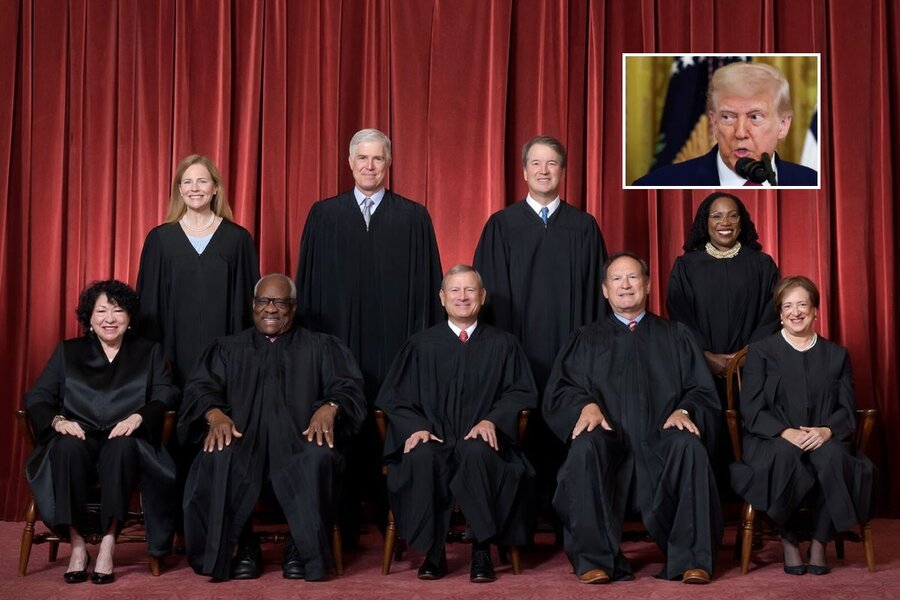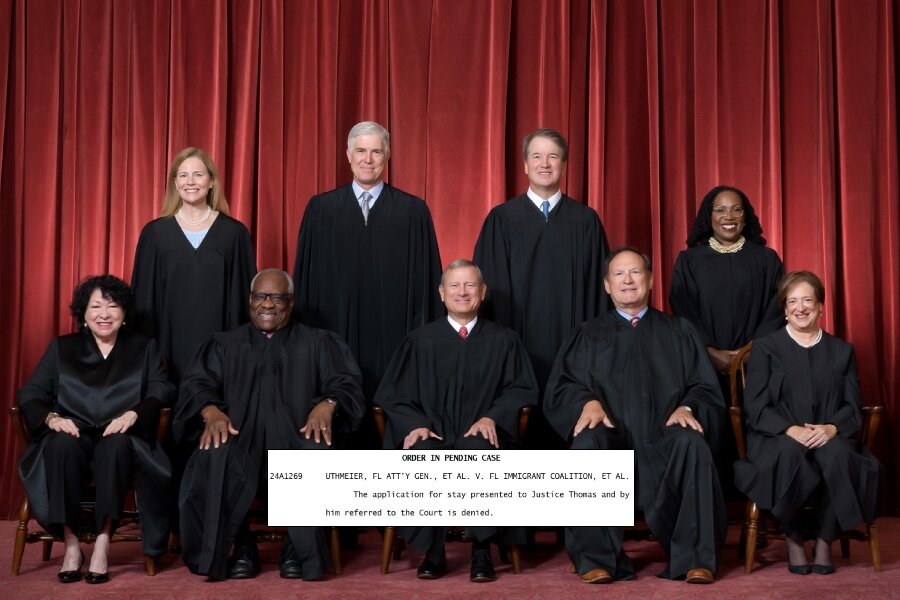On Tuesday, the House approved a bill aimed at making sure that any future energy efficiency rules set by the U.S. Department of Energy are grounded in existing technology and economic feasibility. This update comes from a press release issued by the lawmaker behind the bill.
According to Rep. Debbie Lesko’s office, the bill received bipartisan backing when it was approved.
“I am saddened that we would need such a bill,” Lesko said in the release.
“However, as we have experienced under this administration, the Department of Energy has unleashed an avalanche of new regulations for household products, including stoves, dishwashers, washing machines, showers, toilets, water heaters, air conditioners, heat pumps, and furnaces,” she continued.
“No government bureaucrat should EVER scheme to take away Americans’ appliances in the name of a radical environmental agenda, yet that is exactly what we have seen under the Biden Administration,” she continued.
Washington’s Republican Representative, Cathy McMorris Rodgers, voiced her support for the bill on the House floor, criticizing the Biden administration’s “rush to green agenda” as “out of touch” with the priorities of everyday Americans.
The bill aims to adjust how the DOE develops new rules or changes existing ones for consumer products such as household appliances. However, it notably leaves out vehicles, as outlined in the summary available on the official congressional website.
As outlined in a summary of the bill, if passed, it would empower the DOE to “grant a petition to revoke or amend energy conservation standards if it finds that the standards (1) result in additional costs to consumers, (2) do not result in significant conservation of energy or water, (3) are not technologically feasible, and (4) result in a product (e.g., gas stoves) not being commercially available in the United States to all consumers.”
According to the summary it also would require all new or modified regulations to be “technologically feasible and economically justified.”
The website listed 10 Republican cosponsors for the bill.
According to the U.S. House Clerk’s Office, 205 Republicans supported the bill’s passage, joined by seven Democrats. All 195 votes against the bill came from Democrats.
Of those listed as “Not Voting” on the bill, 11 were Democrats and 12 were Republicans.
The bill’s prospects in the Senate remain uncertain, with its passage appearing improbable due to the Senate’s history of rejecting similar legislation in the past, such as Lesko’s Save Our Gas Stoves Act, which the House approved in 2023.
According to an analysis conducted by the Congressional Budget Office, the bill wouldn’t necessitate any significant increase in federal government spending.
Read the bill in its entirety HERE.
Share your thoughts by scrolling down to leave a comment.













